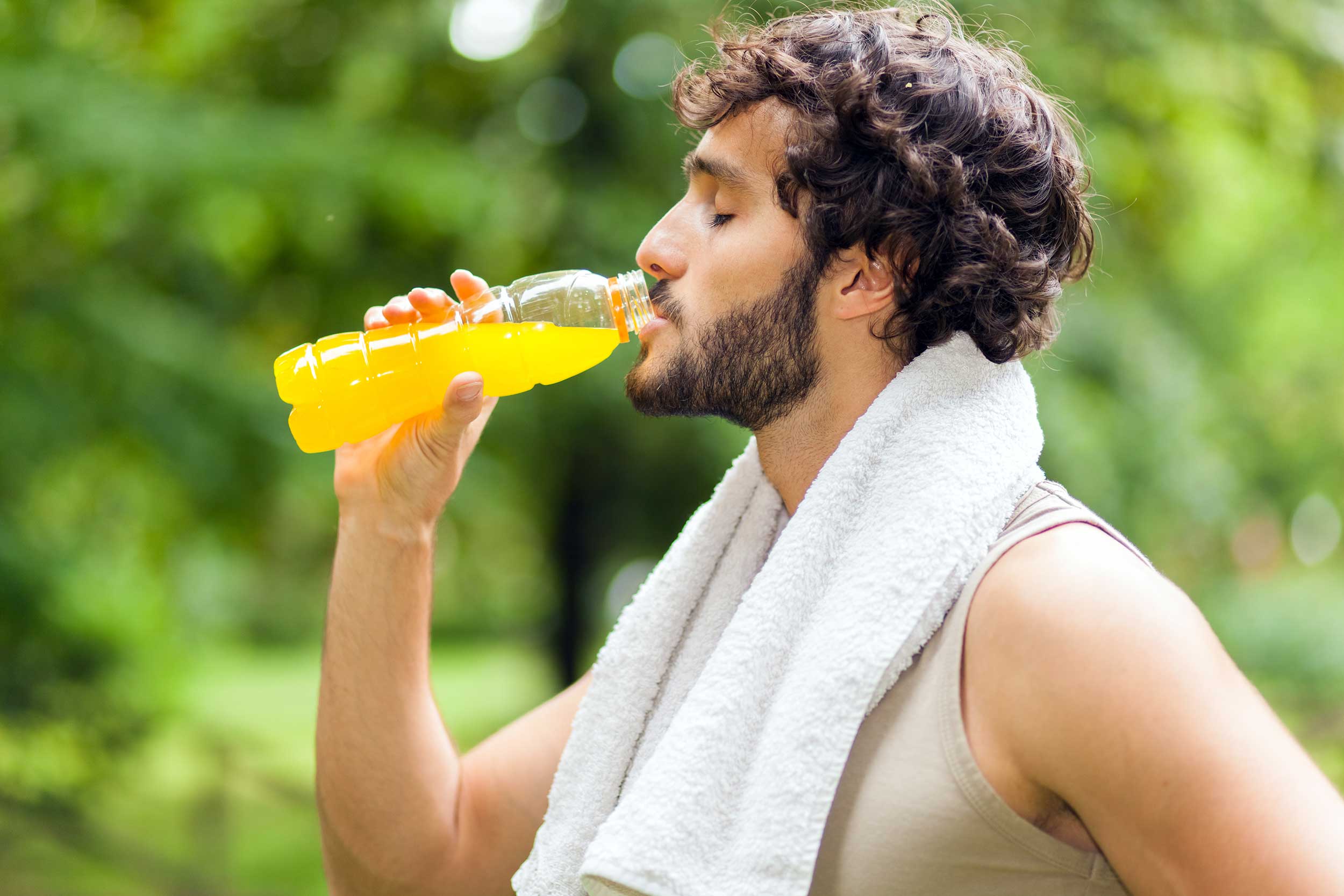How To Eat When Preparing For A Marathon
- 12 April 2023
For many runners, completing a marathon represents more than just a checkmark on their "bucket list." The marathon is often regarded as one of the most enriching and energizing experiences possible. Training for a marathon can, in fact, become a way of life. When one marathon is finished, the recovery period that follows is frequently utilized to begin preparation for the subsequent marathon, which may be many months in the future. However, despite the fact that running a marathon is extremely satisfying, training for a marathon is quite difficult. It is taxing on your schedule, your thoughts, and most of all, your body. It requires a significant amount of time, work, and energy. Therefore, your marathon training diet should be a significant part of your entire training plan in order to provide you with the fuel you need for your workouts and assist in your recovery after each session.
What Should You Eat During Marathon Preparition?
It is essential to have a well-rounded diet that contains sufficient quantities of carbohydrates, proteins, and healthy fats when training for a marathon because this will both fuel your workouts and aid in your recuperation. The following are some examples of foods that are encouraged to eat:
Carbohydrates
Your body's major source of fuel for endurance activity is carbohydrates, which may be found in whole grains, fruits, vegetables, pasta, bread, rice, and potatoes, to name just a few of the fantastic sources of carbohydrates.
Proteins
Chicken, fish, turkey, eggs, dairy products, legumes, and nuts are all healthy sources of protein, which helps build and repair muscle tissue. Proteins can also be found in nuts and legumes.
Healthy Fats
Avocados, olive oil, nuts, and seeds are all fantastic sources of healthy fats, which can help to reduce inflammation and improve general health. Other good sources of healthy fats are olives and fish.
Any run that is less than an hour long should not require you to be concerned about precise feeding, as a general rule. The one thing you should keep in mind is that if you plan on going for a run first thing in the morning, you might want to have a light snack consisting of simple carbohydrates before you head out the door so that your blood glucose levels can be brought back up after being depleted during the overnight fast. A few examples of this might be a bite and a half of a banana, a few dates or dried apricots, a few nibbles of porridge, or a few bites of bread.
On the other hand, it is absolutely essential to have the right fuel before long runs and the actual marathon. The typical runner should attempt to ingest between 30 and 60 grams of carbs each hour while they are competing, and before the race they should consume at least 100 grams of carbohydrates in their breakfast.
Additionally, it is essential to maintain a healthy level of hydration by consuming sufficient amounts of water and sports drinks in order to replace the electrolytes that are lost via sweating. In addition, make sure you fuel up with a balanced meal before the competition to give yourself the best chance of achieving your full potential.





